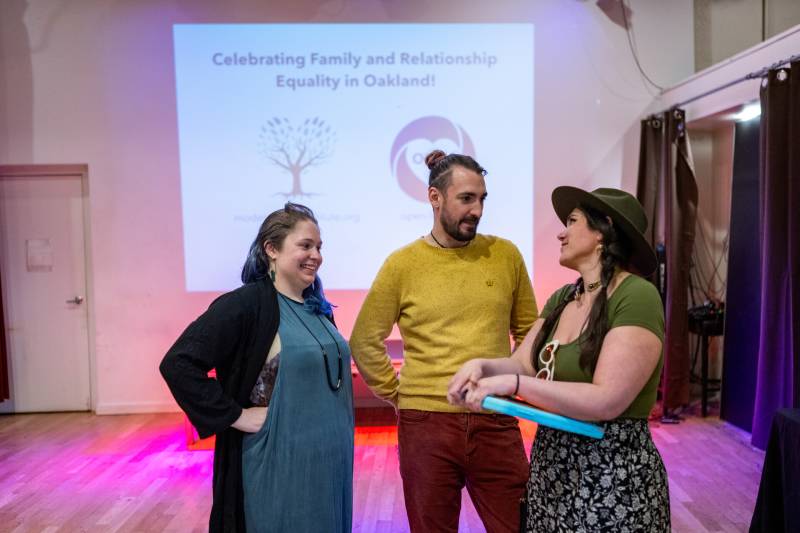Berkeley is on tap to approve legal protections for polyamorous families, moving to shield people in “diverse family structures” from discrimination in housing, businesses, and civil services.
On first reading Tuesday night the regulations passed the City Council. They cover multi-partner families, step-families, single parents, multi-generational households and asexual relationships. A final vote on the legislation is next Tuesday, May 21.
“Berkeley must stand united against discrimination of all kinds,” said Berkeley City Councilmember Terry Taplin, who introduced the bill. “As a gay Black Berkeleyan raised by a single mother, protecting our community’s diversity will always be a key goal in my public service, and families with nontraditional structures deserve our protection.”
Similar legislation passed in Oakland last month, spearheaded by Janani Ramachandran, the city’s first LGBTQ councilwoman of color. The votes are believed to be the first of their kind on the West Coast. In recent years, the Massachusetts cities of Somerville and Cambridge passed laws granting rights to nontraditional families.
“This is a really exciting moment for the nonmonogamy movement because it helps validate and protect families and relationships that for a long time have existed in the shadows or at the margins of societies,” said Brett Chamberlin, founder and executive director of the Organization for Polyamory and Ethical Non-monogamy, a nonprofit advocacy group.

